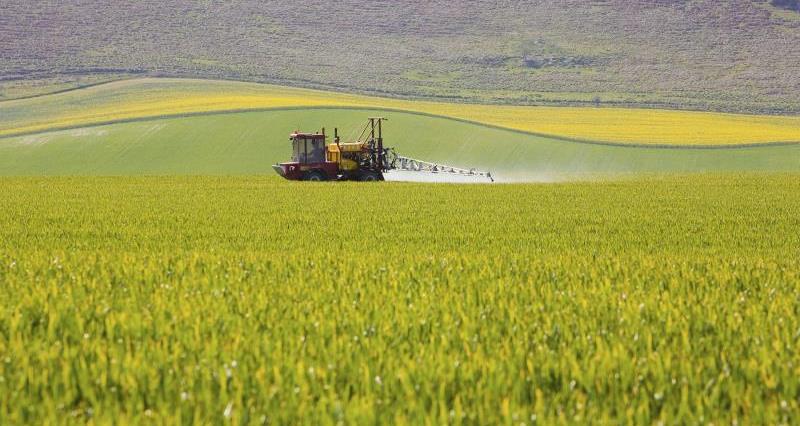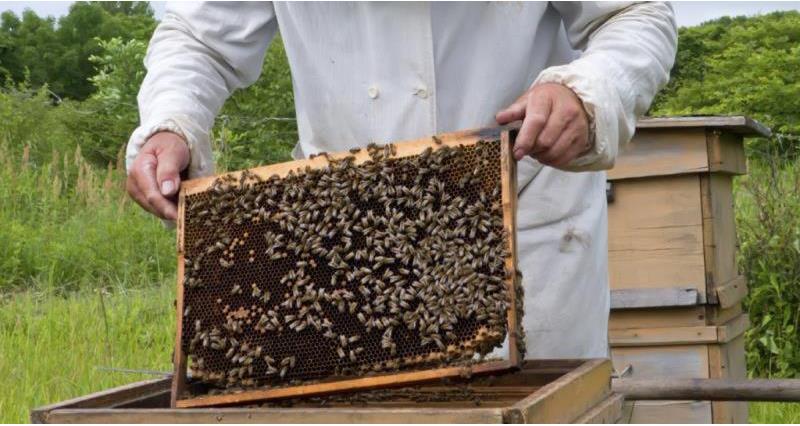UK farmers are committed to protecting pollinators and following best practice when it comes to alerting beekeepers when they plan to treat their crops.
Communication between farmers and beekeepers, whose hives are often in the proximity of fields, is vital when it comes to ensuring that both groups are informed about the activities and locations of the other.
BeeConnected was developed to replace the existing system, which uses Spray Liaison Officers (SLOs) to act as go-betweens, informing beekeepers when a farmer is going to spray. It is able to electronically inform beekeepers directly and immediately when farmers intend to spray.

Paul Temple, chairman of the Voluntary Initiative, the organisation behind BeeConnected, says:
“BeeConnected operates on a very simple, yet efficient, two-way process whereby farmers identify their fields and, in just a few clicks, are able to inform local beekeepers when they intend to spray an insecticide in particular fields. Beekeepers who plot the location of their hives will then receive a notification ahead of when a farmer within their locality is planning to undertake a spray event.”
“Honey bees are hugely beneficial to both their keepers, farmers and the larger population as a whole. The countryside is a shared place, beekeepers need farmers just as much as farmers need beekeepers. It’s a two-way process, and anything that improves the communication – as BeeConnected does – is a good thing.”
Chris Hartfield, senior regulatory affairs adviser at the NFU, says:
“There’s been a great deal of debate over the last couple of years about the impact of farming on bees and pollinators, but what’s not in doubt is the commitment of UK farmers to responsible and judicious use of pesticides.
“BeeConnected is a fantastically easy-to-use tool that supports farmers to deliver best practice in pesticide use and I want to encourage all farmers across the UK to use this free system. The more farmers and beekeepers that use it, the more useful it will be.”
